WYSIWYG? Or.... ?
The Japanese Way
To understand a government, you must understand the culture from which it springs and the history of that culture — which determines the evolution of traditions, ideas, values and ways of thinking.
In the case of American government, for example, you must go back in time, perhaps as far as the Greeks and Romans. and trace the course of evolution, just as paleontologists try to do with H. Sapiens and our predecessors back to the beginning.
Human nature is fixed— but….
Just because we are all one species, doesn’t mean we are all the same. If you have a dog or cat you will know that that is not how things work in the biological world. The Japanese never make this mistake. But then again they think they are genetically and organically different from the rest of humanity. (“Nihonjin Ron” )
So, just because the Japanese have a parliamentary democracy like that of the UK or Canada or Australia does not mean that it works the same way or that Japan shares the same values or they think the same.
Japanese cultural history evolved quite differently from that of other countries. The best book on this was “Japanese Society: published in 1970 ago by Nakane Chie, in which she characterizes Japan as a “tatte no shakai” or “vertical society”. If you study martial arts, you will have been taught a simplified version of the senpai-kohai hierarchical order that underlies this system.
Although all social relationships are “vertical”— therefore not equal, responsibility and duty are clearly defined for benefit of the entire group. It is not about individual strength or dominance or money.
It is also one reason that while income inequality has increased markedly over the last two decades in Japan, it is still not as bad as in many other countries.
Income concentration to the top income earner was relatively limited in Japan than in other countries. It suggests that the richest in Japan did not became richer as in other countries. Japan Center for Economic Research.
CEOs in Japan are paid less than a third as much as in the US on average, perhaps less.
This system reflects Japanese history where power, rather than wealth is accumulated and passed on.
Looking at the current LDP leadership contest, it is striking how many candidates come from political dynasties. The late Shinzo Abec care from one, as other prime ministers have.
Now, in the running we have 43 year old Shinjiro Koizumi, former Environment Minister and son of former prime minister Junichiro Koizumi. He is immensely popular with the public — especially women— and promises to call a snap election and make “reforms”.
Running on populist appeal and looks is something Dear Old Dad did.
Dad didn’t do much politically Neither will his son — if he gets in.
One thing you quickly learn in Japan is that “tatemae” —social truth— and “honne”- the real truth—are different and nobody expects them to be the same.
Americans like to believe in WYSIWYG. No Japanese believe that. . What you see is not what you get. Of course, there are rules, enforced ritual and etiqueete: the idea is to prevent conflict not start it.
While Americans think ideologically, the Japanese think pragmatically. Ideology for them is a fashion statement.
Kindness in the Animal World
The ginger cat Angelica), 11, has just adopted this kitten, Small Fry. Angelica likes kittens, puppies…he just loves looking after younger animals. I am hoping Ichi will do the same for Chappy.l
Animals care for the vulnerable. Why can’t we?
Part 2 of the Special Report will be finished soon. It explores new territory and is different from Part 1. If you really want to understand Michael Hudson and the articles on Naked Capitalism, give it a read.

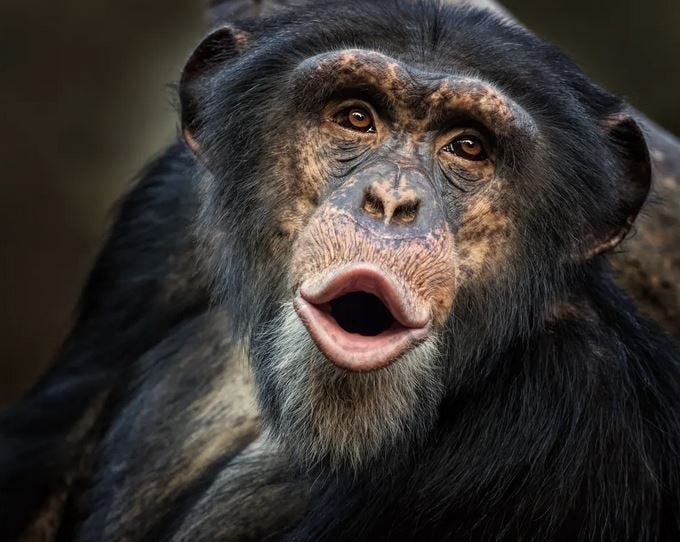
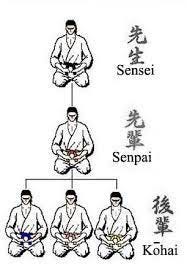

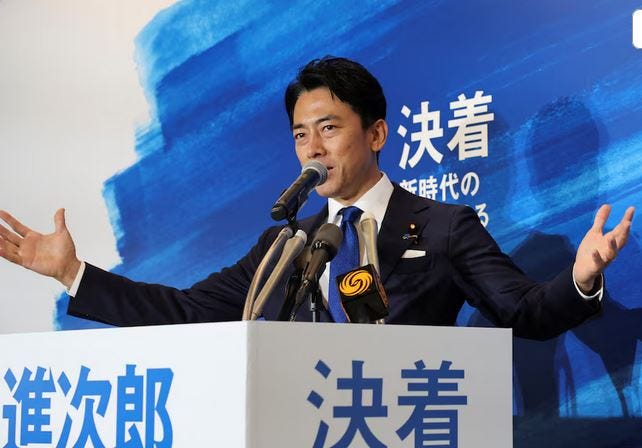
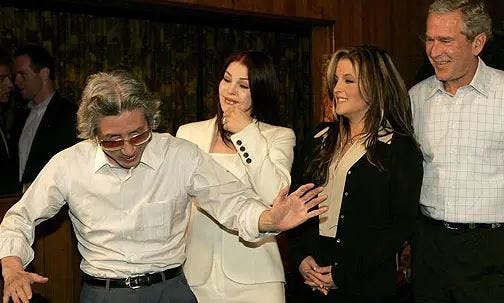
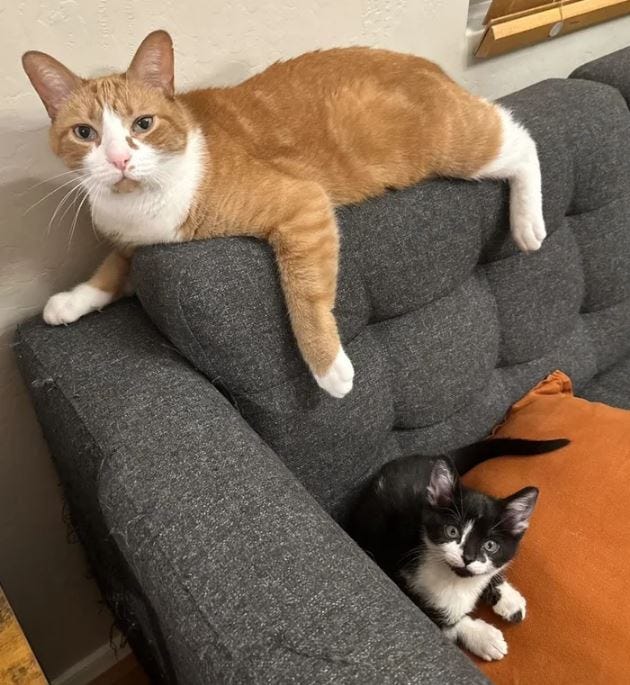

How about WSYIWYNG...
What you see is what you NEVER get?
Fascinating. Japanese politics and culture has always been beyond me, and your explanation really helps bring things into focus.